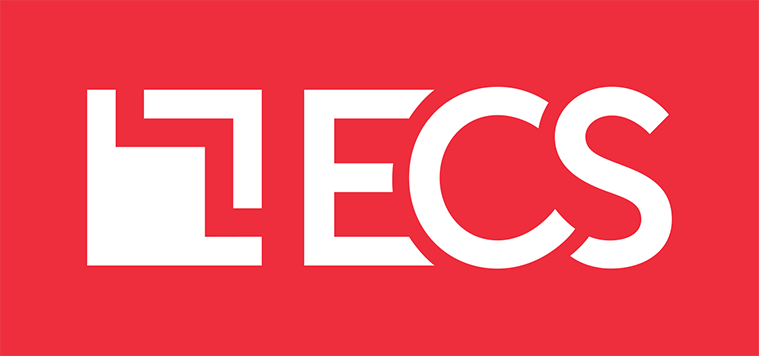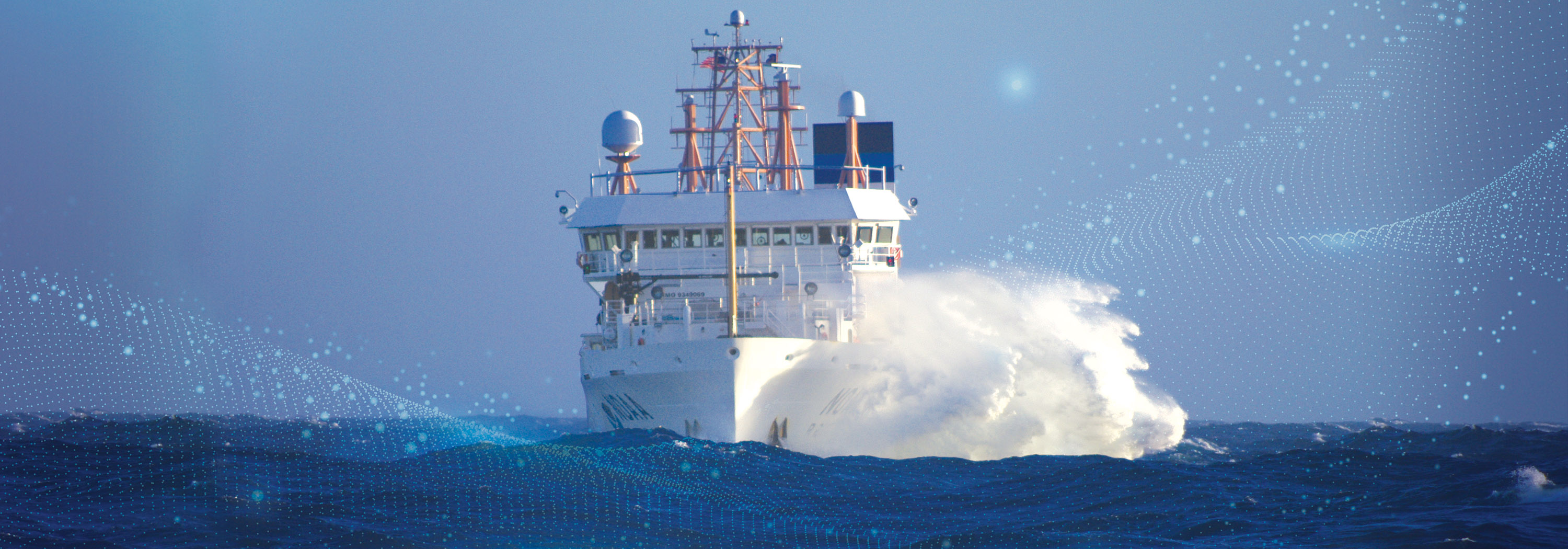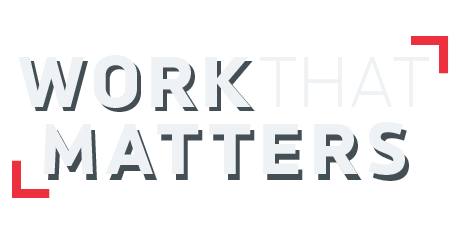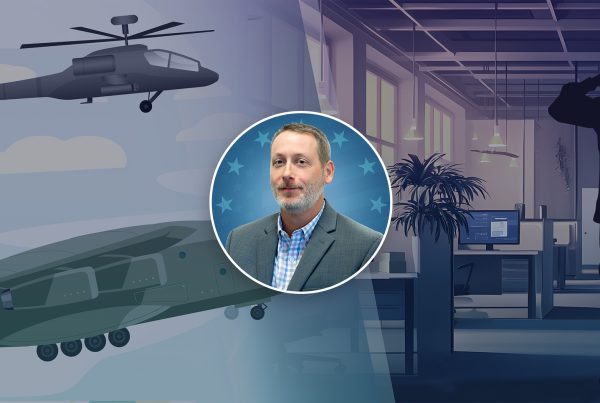“Work That Matters” is a series in which ECS experts discuss their roles and responsibilities and the larger impact they have on the workplace, community, and world. In this installment, we interview Russell “Russ” Metzler, uncrewed systems specialist at ECS. Russ works with the National Oceanic and Atmospheric Administration (NOAA) Office of Marine and Aviation Operations (OMAO) to procure, manage, and operate scientific research vessels.
RUSSELL METZLER

Q: What is the importance of NOAA and the OMAO to our nation’s environmental stewardship?
A: OMAO operates and manages the fleet of ships and aircraft used to accomplish NOAA’s research goals. It’s a pretty big mission! NOAA monitors about 4.1 million square miles of the United States Exclusive Economic Zone (EEZ). This includes forecasting weather, monitoring oceanic and atmospheric conditions, managing fish stocks, and protecting our country’s marine life. NOAA’s research helps the government make educated decisions that directly impact our nation’s economy and the health of our natural resources.
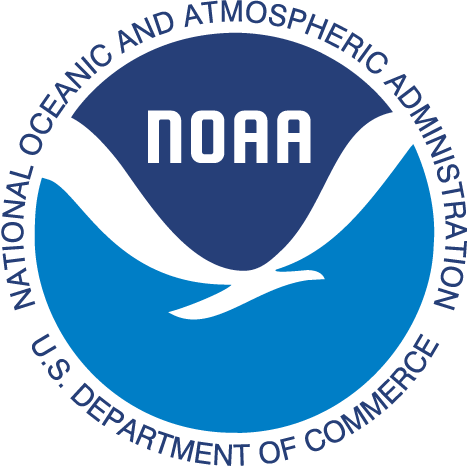
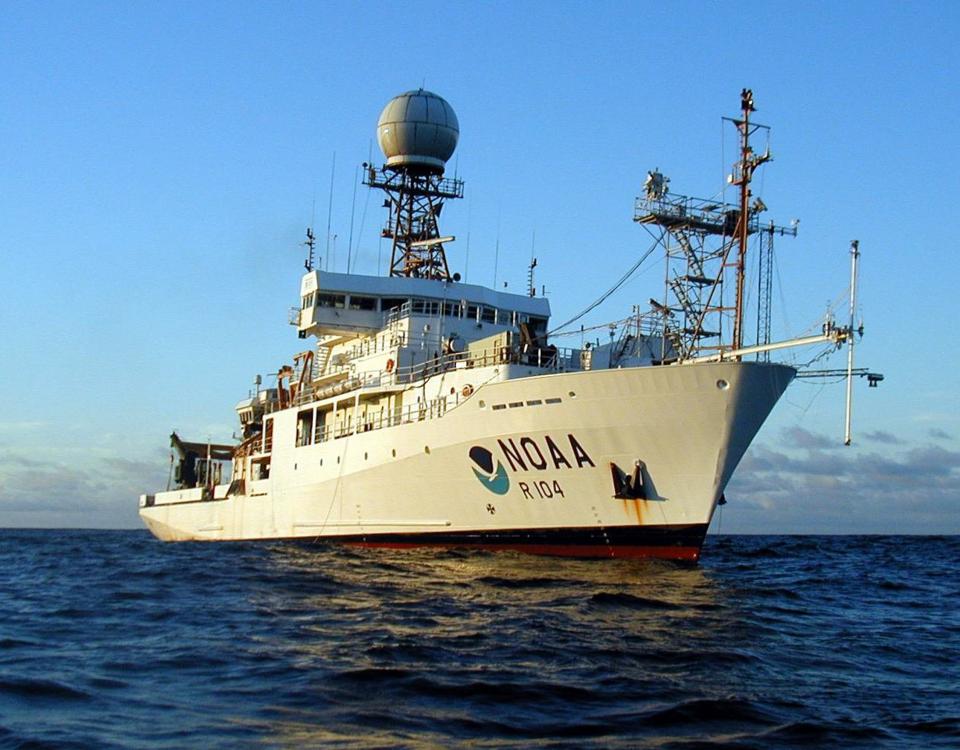
Q: Tell me about your role within OMAO.
A: I work in the platform and infrastructure acquisition division, focusing primarily on the development, contracting, acquisition, repair, and construction of NOAA’s maritime fleet.
Right now, NOAA’s research fleet consists of 15 ships, ranging from small regional ships to large, ocean-going vessels measuring 200 to 300 feet in length. Of these 15 ships, eight have been in service for over 40 years. My division helps oversee the maintenance of these research ships, while also designing new ships to better support NOAA’s missions.
Q: What are you currently working on?
A: My team is currently working on a fleet recapitalization plan to roll out four new ship classes—the first vessels that NOAA has commissioned since 2014. The new classes of ships will focus on research, using brand-new designs tailored to the NOAA mission. They will also incorporate autonomous and uncrewed features such as aerial drones, surface boats, and underwater robots.
Q: How will uncrewed and autonomous systems help advance NOAA’s scientific goals?
A: These vehicles will be able to sense their environments and perform scientific missions with minimal human input, enabling NOAA to collect more data in a wide range of environmental conditions. While uncrewed systems aren’t entirely new to NOAA’s research, setting up a successful acquisition and development pipeline at the enterprise level is a big challenge.
That’s where ECS comes in. We use our expertise in maritime services and autonomous aviation to help NOAA manage the development, acquisition, and maintenance of their new fleet of uncrewed vehicles. We are also working to develop NOAA’s land and sea infrastructure to ensure these new ships and systems have the logistical and technical support needed to perform their missions.
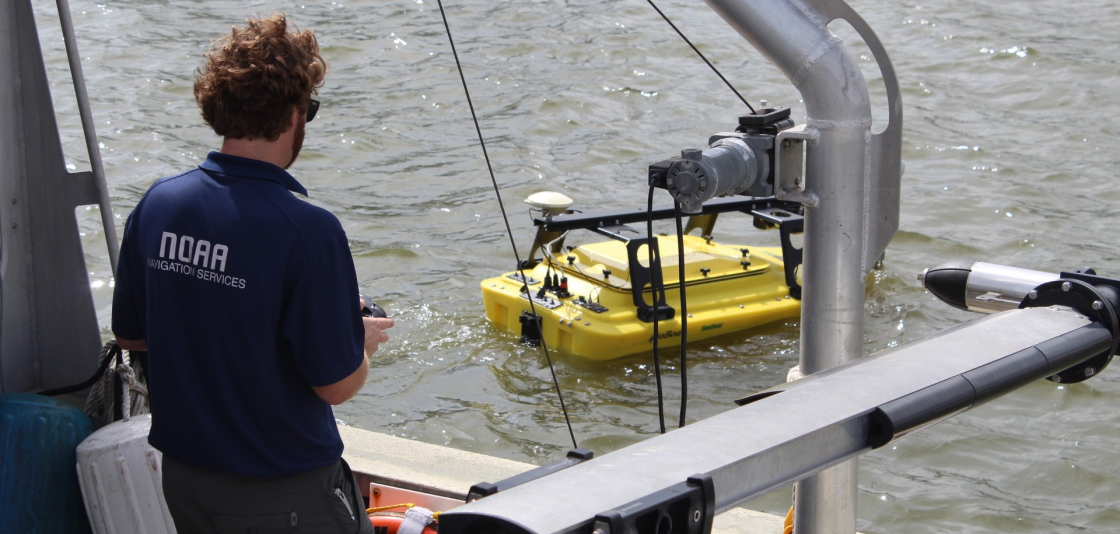
Q: You spent a good portion of your career in the military. How does your background impact your current role?
A: I was in the Army for 10 years. After leaving active duty, I moved into what is known as the rapid acquisition community, undertaking projects that normally take six or eight years to develop and expediting them to a matter of months. That’s where I was first exposed to uncrewed systems, which has been the focus of my career for the last 20 years.
In a way, developing uncrewed systems for NOAA feels similar to the work I did for the Department of Defense. Anything I can do to help bring someone home is always a good feeling. If I can help NOAA scientists improve their decisions in the field and make it safer for them to collect data, that’s a mission worth supporting!
